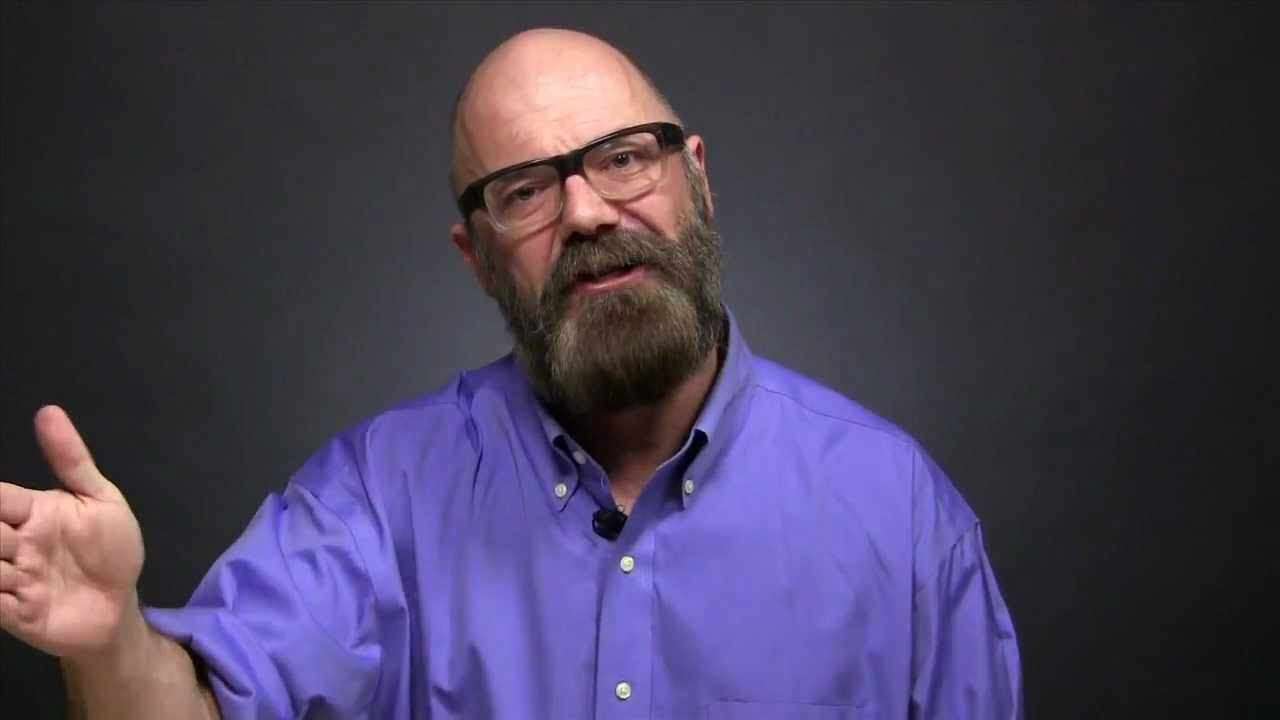A Fond Farewell to Andrew Sullivan, Who Is Retiring From Blogging
So long, and thanks for all the links.

Andrew Sullivan, the pioneering blogger whose work set the tone for a generation of online political journalism, announced today that he's retiring from blogging after 15 years.
It's hard to overstate how influential Sullivan's blogging has been over the years. A former editor of The New Republic, he was among the first people with professional journalism credentials to take to the form, and in taking to it he helped define it.
His rapid-fire, idiosyncratic, highly personal, detail obsessed, link-heavy, readable and conversational style became the default for online political commentary. It relied on fast takes, highly charged reactions, detailed research, and an endless stream of arguments and opinions. It was webby and viral before anyone knew what that was.
Sullivan's blogging has always been delightfully, some might say frustratingly, impossible to pin down: He's a gay man who leans conservative and often takes libertarian positions. He's a fervent Obama supporter who spent much of the 2008 campaign writing positively about Ron Paul. He supported the invasion of Iraq under President George W. Bush, but eventually became a vocal opponent of the war and the torture program that came with it.
He wrote a lot about politics, often from the vantage of a knowledgeable lifelong political observer. But just as often he wrote about the rest of his life: about being a gay man and his years-long quest—finally fulfilled in 2007—to get married, about culture and religion, about how much he disliked New York and liked Washington, D.C.
Sullivan's deep embrace of personal obsession sometimes led him to chase odd ideas, most notably the notion that Sarah Palin was not actually the mother of her child Trig.
But that obsessive tendency, combined with Sullivan's prodigious output and unfiltered style, was also part of what made him so successful and so interesting to so many people. Sullivan's writing was bracingly, relentlessly open and honest with readers; it served as an extension of his personality. You not only knew what he thought, you knew how he felt.
Among other things, Sullivan's blogging career proved that a highly idiosyncratic individual could gain an audience on the web, and that, indeed, those idiosyncrasies and personal revelations were often part of the appeal. Sullivan amassed a massive readership as a blogger, but many readers seemed to treat him almost as a personal friend. A community formed around his blog, and Sullivan integrated that community into his posts, with features that spotlighted their lives and opinions and even the views they loved.
Sullivan was also among the first to prove that blogging could be more than a hobby; it could be a profession, and even a part of traditional, mainstream journalism. This was a big deal, especially during those years when skepticism about the Internet and self-starting bloggers was rampant in legacy media.
Sullivan proved the skeptics wrong. His blog, which started as a independent one-man web project, was eventually hosted and published by Time, The Atlantic, and then The Daily Beast. (Sullivan worked with my wife, Megan McArdle, at both The Atlantic and The Daily Beast.) A few years ago, he went independent once again, this time with reader support.

Over time, his one-man hobby operation turned into a fully staffed small business, with several other full time editors who shared the space under his name. Sullivan didn't just make a living blogging, he helped prove that it was actually possible to do so.
Along the way, Sullivan helped introduce his many, many readers to new voices and ideas, and, in particular, to young bloggers and journalists, many of whom went on to become successful, influential writers on their own. Some of those young voices included current and former Reason staffers: Elizabeth Nolan Brown, Julian Sanchez, Dave Weigel, and, yes, myself.
Sullivan linked frequently to Reason over the years, sometimes to argue, but often in support. He drove a lot of traffic to Reason's blog, especially early on, and helped introduce large numbers of readers to Reason's work. He wasn't exactly a libertarian himself, but he was heavily influenced by libertarian ideas, and he clearly believed those ideas deserved a prominent place in public debate.
I consider Sullivan a formative influence on the development of my own writing as a journalist; not only did he allow me to guest blog for him on multiple occasions, always with the freedom to say whatever I wanted, he linked to me regularly, argued with me on more than a few occasions, and has been generally supportive of my work. More than that, though Sullivan modeled for me what blogging could be—curious and informative and funny and personal and detailed and reader-friendly and important and enjoyably trivial, often all at the same time—while simultaneously introducing me to a vast array of ideas and voices that I might never have otherwise encountered. I remain incredibly grateful to Sullivan for all that he's done.
Sullivan says he's quitting to spend more time in the offline world—apart from the endless demands and distractions of daily online writing. It sounds like he has some health issues as well, which may be related to the stress generated by 15 years of obsessive daily blogging.
I'll admit I didn't read him nearly as much over the past couple years, but I still checked in occasionally, and I was always happy to see that he was still going. I'll miss knowing that he's writing and arguing and linking. He was enough of a fixture that it's almost hard to imagine the blogosphere, as it used to be called, without him around. I hope he returns every now and then to check in on the online world he helped create, and I wonder if he'll really be able to stay away. Either way, though, he's already done plenty for the Internet and for online journalism; whatever he does next, I wish him well.
Show Comments (163)